One Less Tire: The Importance of Cleaning Up Waterways
and What Conservation Means to Anglers
By Wild Keeper Georgia Skuza
Any angler you talk to, whether that be a West Branch angler, or an angler that fishes in Patagonia, they will all have a similar mindset behind conservation. Fly-fishing has turned into a mode of meditation and healing for many anglers, and that is one of the most important reasons why we so strongly believe and fight for conservation of our rivers.
Anglers understand that to fish and utilize the river and nature to its fullest extent, conservation is a must. Anglers pave the way for conversation and sustainability efforts to promote healthy and safe fishing habits, so we can all enjoy the rivers for years to come.
Non-profits like Trout Unlimited, who has chapters all over the country are anglers who understand that without conservation efforts, the wild trout, salmon, and other native fish that anglers travel all over to fish for, are protected and properly cared for.
Unbeknownst to some, 50% of New York City’s as well as surrounding counties daily water supply comes from three major reservoirs that are located in the Upper Delaware watershed, according to a petition created by the New York League of Conservation Voters Education Fund.
Tires are one of the most pollutant materials that plague rivers, streams, and waterways around the country. They contain harmful chemicals and metals, not only to humans, but to wildlife. When tires sit in a river, or along the banks, these chemicals will filter into the environment it is inhabiting, and according to an article by Eco Green, these chemicals and metals can hold cancerous and genetically mutant properties.
Anglers understand that to fish and utilize the river and nature to its fullest extent, conservation is a must. Anglers pave the way for conversation and sustainability efforts to promote healthy and safe fishing habits, so we can all enjoy the rivers for years to come.
Non-profits like Trout Unlimited, who has chapters all over the country are anglers who understand that without conservation efforts, the wild trout, salmon, and other native fish that anglers travel all over to fish for, are protected and properly cared for.
Unbeknownst to some, 50% of New York City’s as well as surrounding counties daily water supply comes from three major reservoirs that are located in the Upper Delaware watershed, according to a petition created by the New York League of Conservation Voters Education Fund.
Tires are one of the most pollutant materials that plague rivers, streams, and waterways around the country. They contain harmful chemicals and metals, not only to humans, but to wildlife. When tires sit in a river, or along the banks, these chemicals will filter into the environment it is inhabiting, and according to an article by Eco Green, these chemicals and metals can hold cancerous and genetically mutant properties.

Image Description: Pile of tires and trash from the 5th Annual Get Trashed event.
August 13th, 2021
There isn’t an exact science to properly disposing of these tires, because if you were to burn them, as some do, those chemicals are then released into the air. Creating a pile of tires and allowing them to sit stagnant in one place is not a responsible idea either, because rubber can spark fires that can destroy acres of land. However, the best way to dispose of your tires is to make sure they are recycled properly, by finding a facility that will recycle them near you, or some mechanics have facilities were they properly recycle the tires.
With the constant pollution from tires, micro-plastics, trash, and contaminated material flowing through the river and small streams, the beautiful Delaware we all know, and love may soon be in danger due to the reckless actions of citizens, and the lack of action from the states it runs through.
August 13th, 2021
There isn’t an exact science to properly disposing of these tires, because if you were to burn them, as some do, those chemicals are then released into the air. Creating a pile of tires and allowing them to sit stagnant in one place is not a responsible idea either, because rubber can spark fires that can destroy acres of land. However, the best way to dispose of your tires is to make sure they are recycled properly, by finding a facility that will recycle them near you, or some mechanics have facilities were they properly recycle the tires.
With the constant pollution from tires, micro-plastics, trash, and contaminated material flowing through the river and small streams, the beautiful Delaware we all know, and love may soon be in danger due to the reckless actions of citizens, and the lack of action from the states it runs through.
This is where The Delaware River Club comes in, which has hosted their “Get Trashed” river cleanup with partnership from Pig Farm Ink since August of 2017.

The Delaware River Club (DRC) is fly-fishing lodge based on the banks of the West Branch of the Upper Delaware in Starlight, PA. Managed and run by angler Jeff White, the DRC is place that folks come as clients, but leave as family. At the DRC, guides take clients out on drift boats, to promote and enforce safe and sustainable angling habits. On all the float trips I’ve been on, I always find that
have I learned something new about the Upper Delaware watershed and its ecosystems.
The West Branch of the Upper Delaware runs through Pennsylvania and New York state, with NYSDEC being one of the primary facilitators, if you will, of the river. However, New York state has recently been under scrutiny for their lack of protection and funding towards the river and its ecosystems.
If you’ve ever met an angler, then you know how much their rivers, and nature conservation in general, means to them; and anglers that frequent the DRC, are no different. So, with the help of Jay Johnson from Pig Farm Ink, and Chris Calabrese, the annual “Get Trashed” was born.
For the last four years, the DRC has had, on average, 100 plus volunteers ready to get dirty, pick-up trash, and have a blast while doing it.
Volunteers take to river and roads – by drift boat, kayak, foot, car; you name it, we’ve probably picked up trash in it! With hundreds of people on the river from May – October, trash of all kinds ends up in the river. It has become an infamous dumping ground for tires that has negatively affected the trout and native fish populations of the Upper Delaware.
Even with the pandemic raging in 2020 and 2021, one hundred plus volunteers came to the club, socially distanced, on the road and river, and did better for the Delaware. In August of 2020, the highest record of tires that have been pulled out of the river hit 96, and yet there continues to be more tires to pull out of the river the following year.
Even with the pandemic raging in 2020 and 2021, one hundred plus volunteers came to the club, socially distanced, on the road and river, and did better for the Delaware. In August of 2020, the highest record of tires that have been pulled out of the river hit 96, and yet there continues to be more tires to pull out of the river the following year.

Image Description: Crowd of volunteers from the 5th Annual Get Trashed event.
August 13th, 2021.
Volunteers who partake in “Get Trashed” don’t stop their conservation efforts when they bring their trash to the DRC. They ensure that the recyclables are separated by category and ensure that they are taken to facilities that will dispose of them properly. Furthermore, it is vital that those who float in kayaks and drift boats rinse and clean their boats to rid them of the chemicals, harmful materials, and any invasive subspecies that attach themselves to the boat.
Although the Upper Delaware River watershed is relatively healthy and continues to be a sustainable option of a water source to much of New York state, there is far too much as stake to continue at this rate of pollution for the watershed and its ecosystems to remain safe and healthy.
With the help of volunteers statewide every year, the West Branch of the Upper Delaware and its surrounding small streams, or feeder creeks, as we like to call them, continue to be a little less ‘trashy’.
Find more of Georgia's work here: https://www.digitalvoicephilly.com/
August 13th, 2021.
Volunteers who partake in “Get Trashed” don’t stop their conservation efforts when they bring their trash to the DRC. They ensure that the recyclables are separated by category and ensure that they are taken to facilities that will dispose of them properly. Furthermore, it is vital that those who float in kayaks and drift boats rinse and clean their boats to rid them of the chemicals, harmful materials, and any invasive subspecies that attach themselves to the boat.
Although the Upper Delaware River watershed is relatively healthy and continues to be a sustainable option of a water source to much of New York state, there is far too much as stake to continue at this rate of pollution for the watershed and its ecosystems to remain safe and healthy.
With the help of volunteers statewide every year, the West Branch of the Upper Delaware and its surrounding small streams, or feeder creeks, as we like to call them, continue to be a little less ‘trashy’.
Find more of Georgia's work here: https://www.

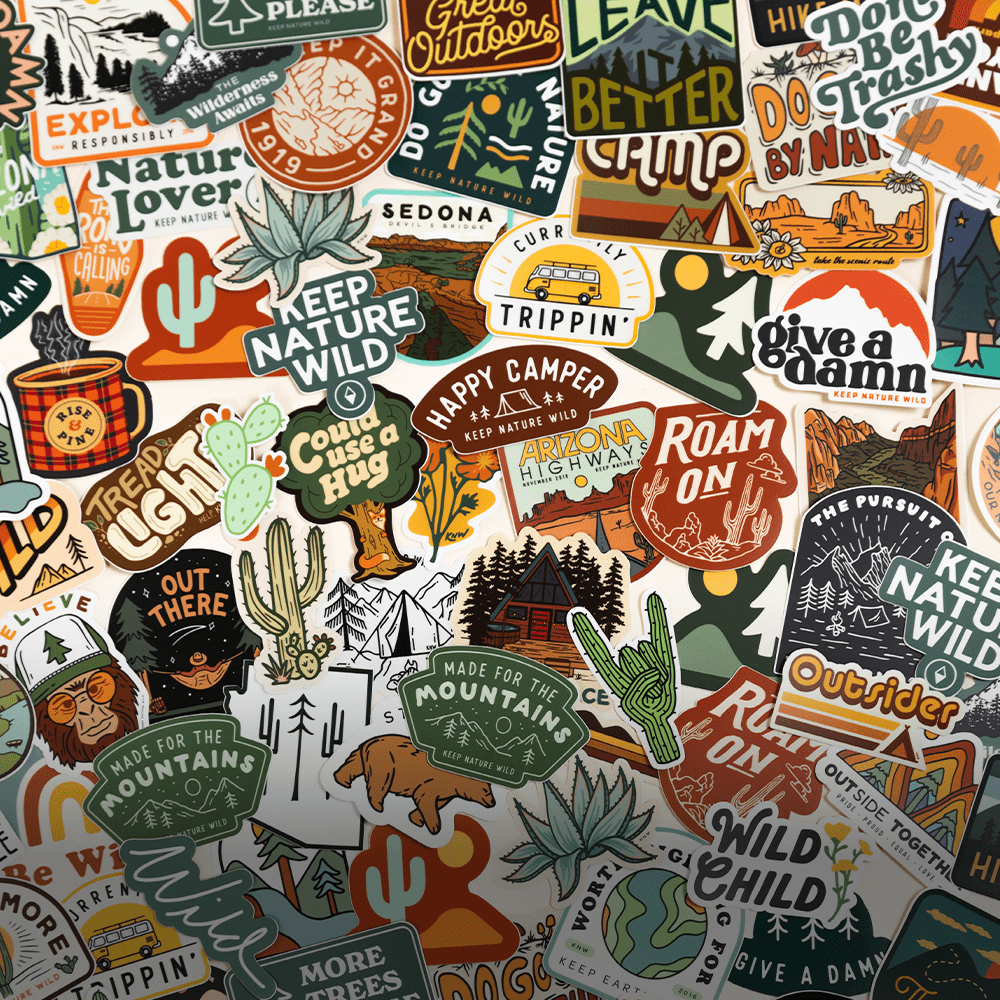
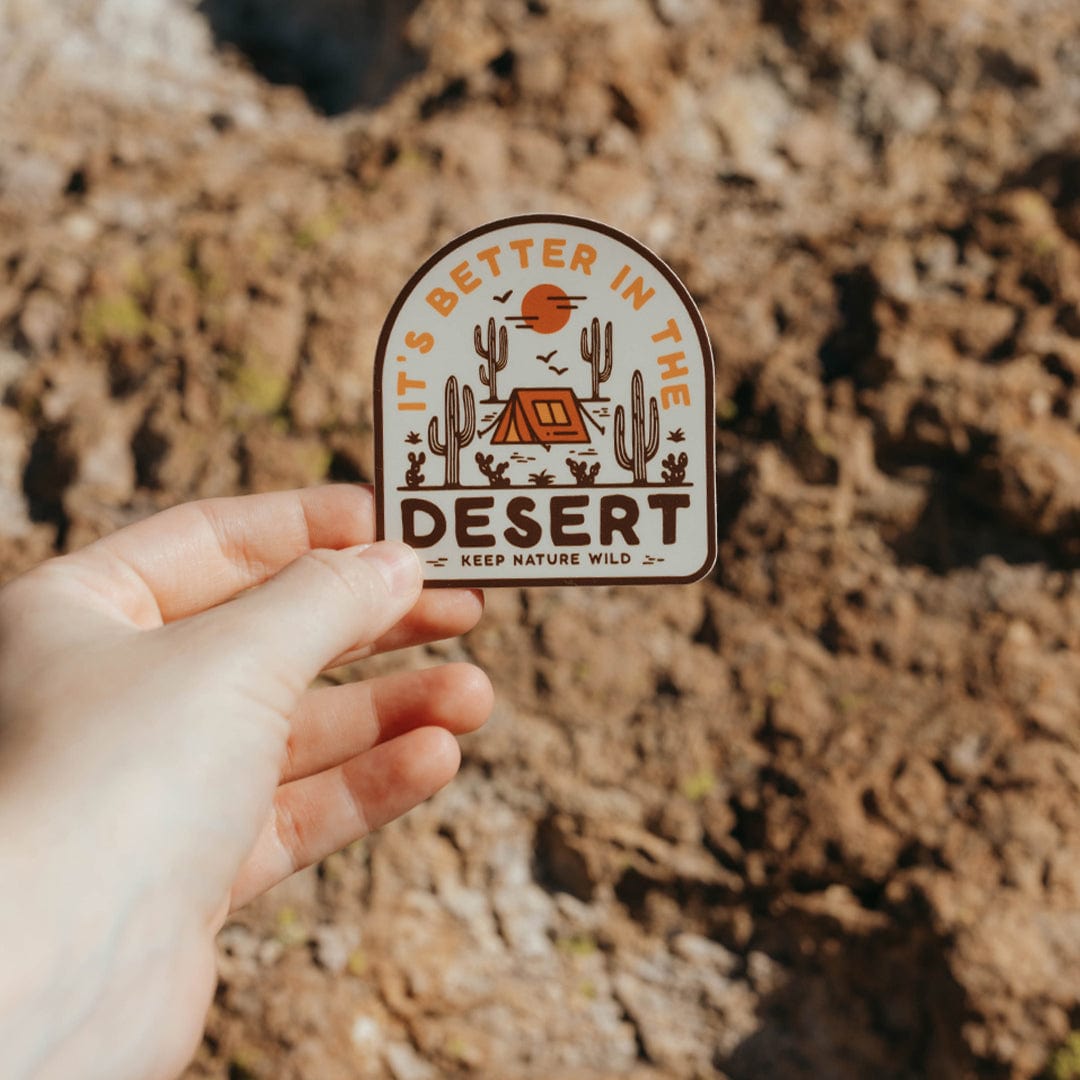
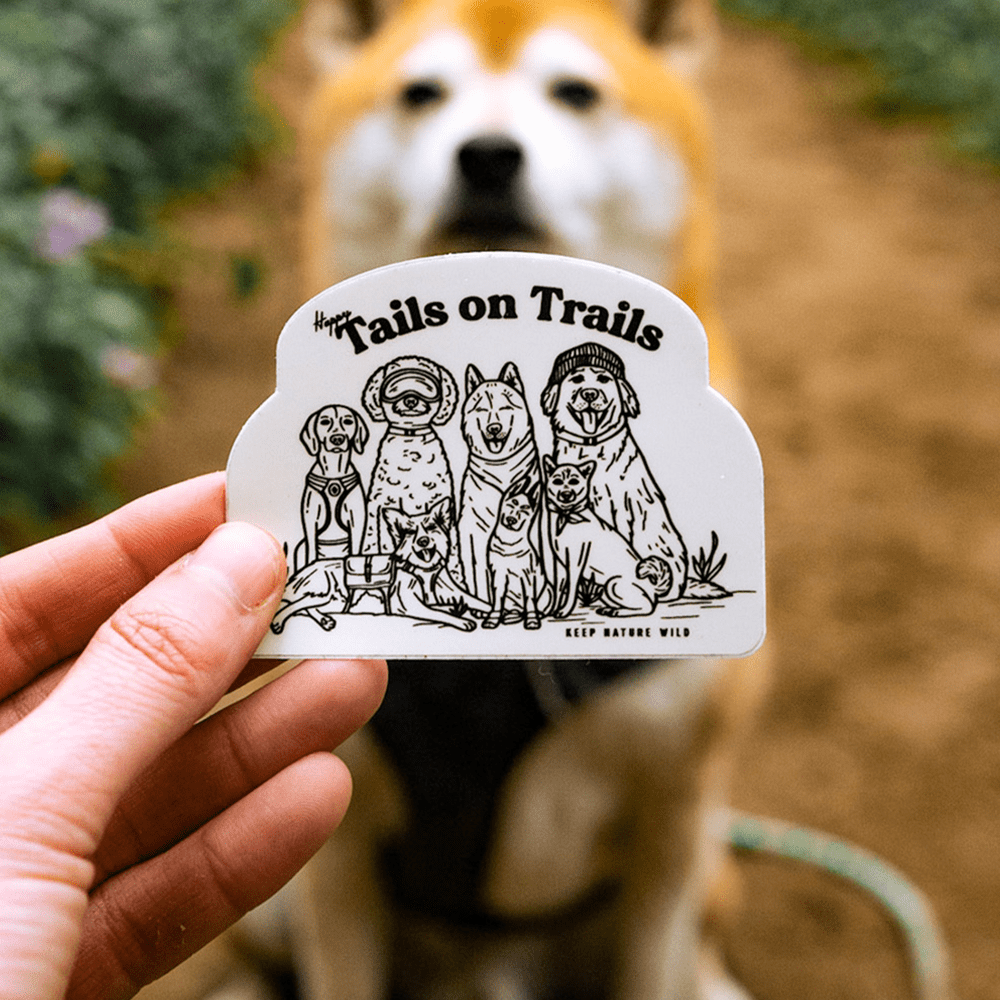
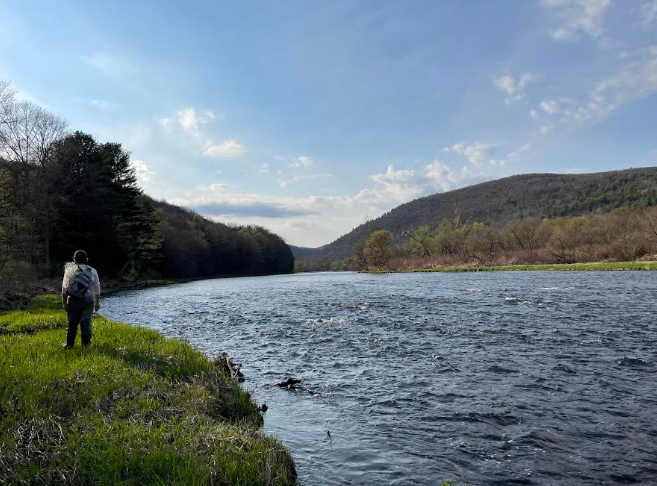

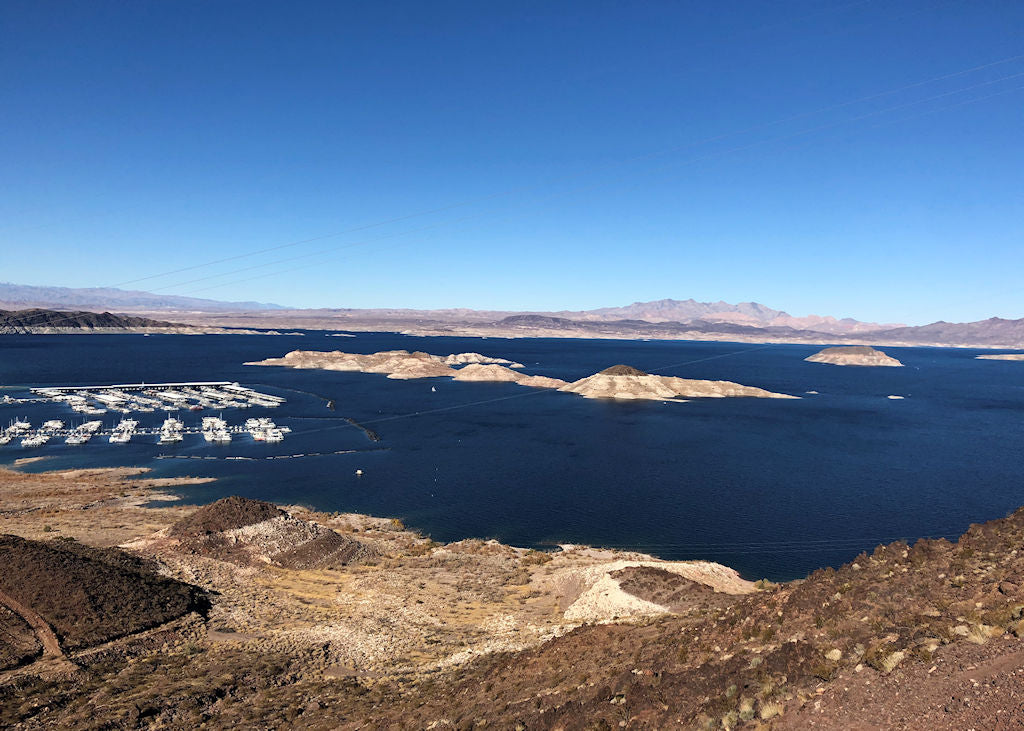
Leave a comment
All comments are moderated before being published.
This site is protected by hCaptcha and the hCaptcha Privacy Policy and Terms of Service apply.